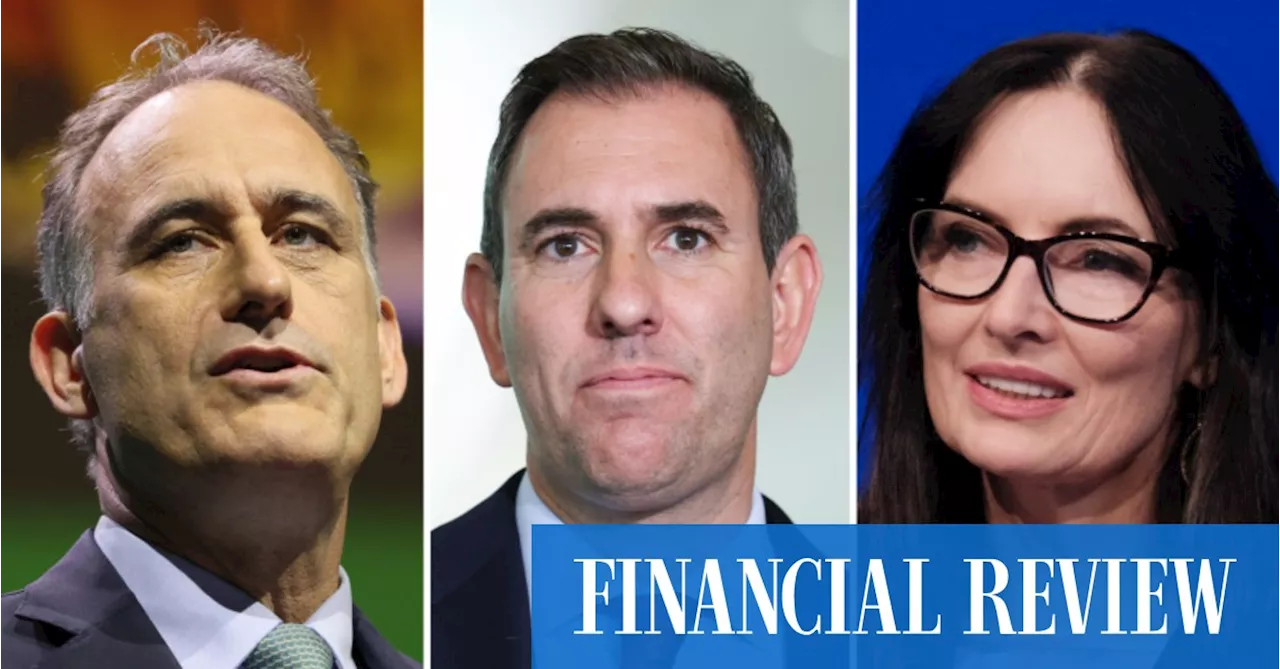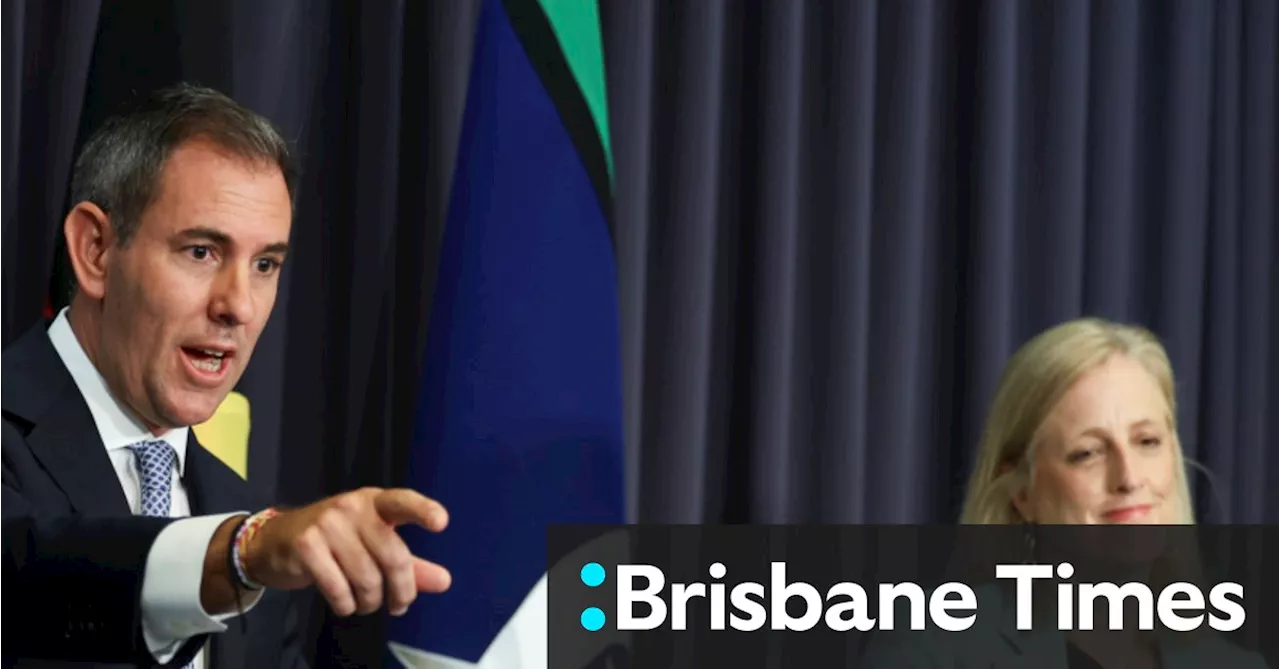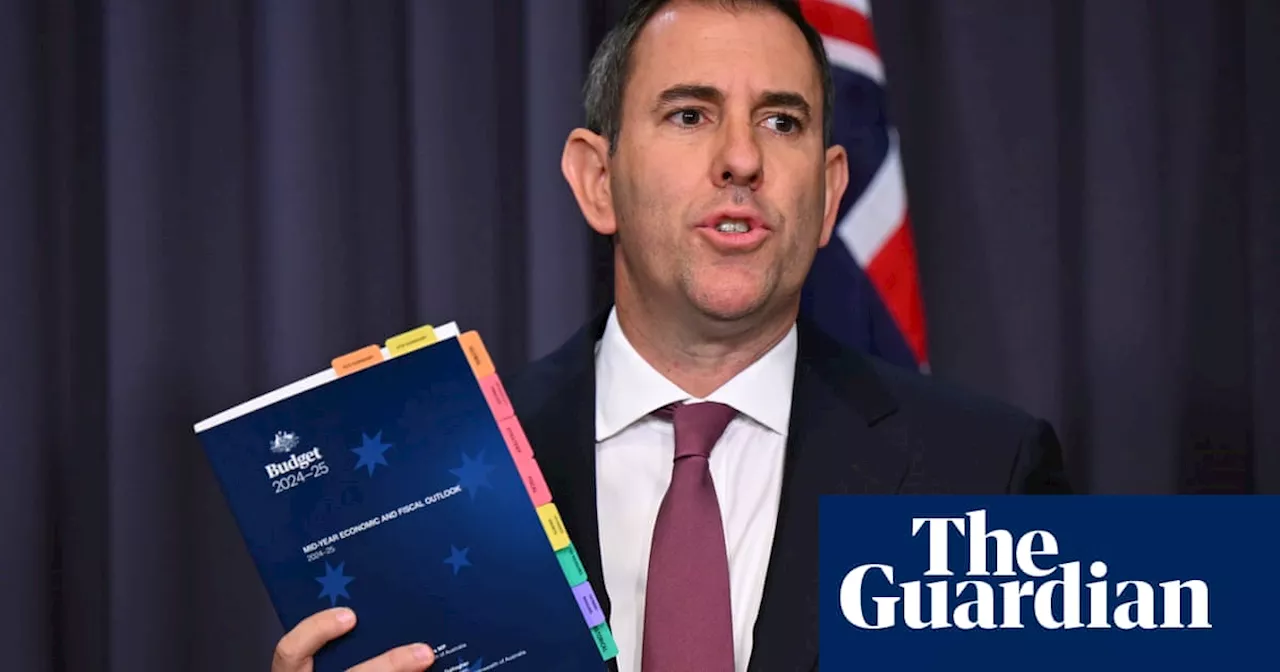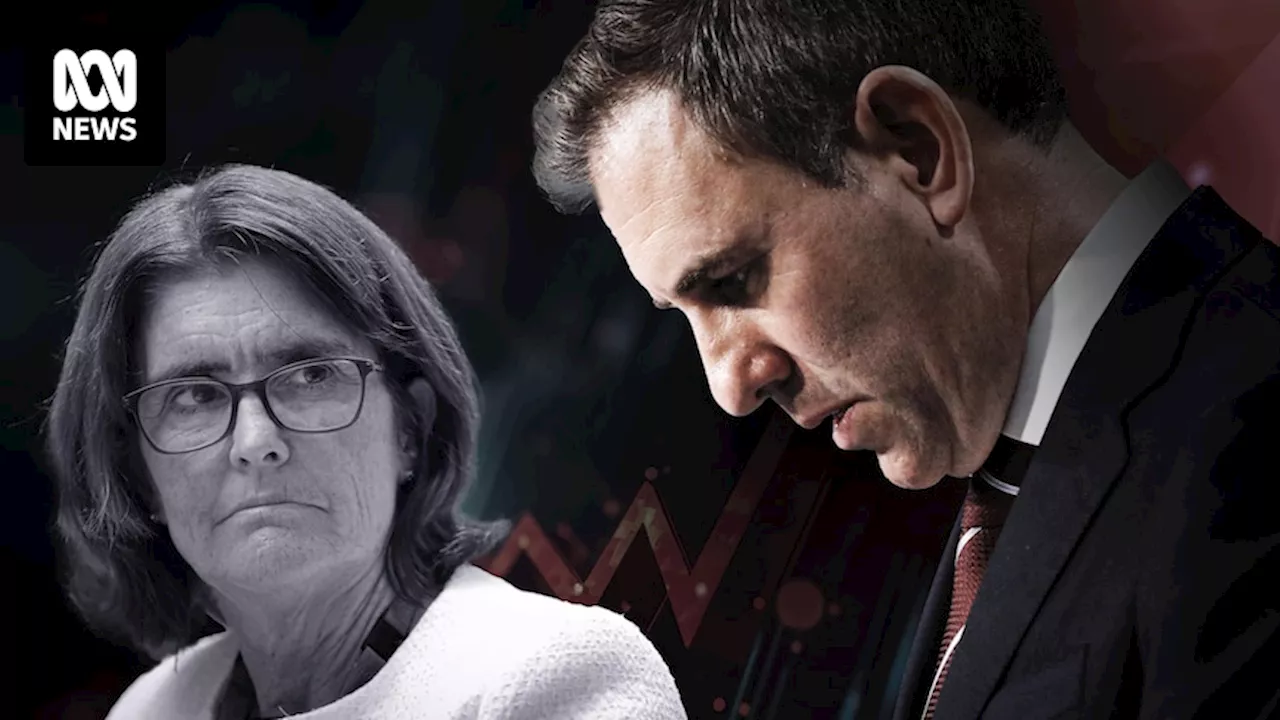Australia grapples with economic challenges, and both major political parties are criticized for lacking a bold vision for the future.
Australia enters the summer period facing significant economic pressures on households, with no clear solutions in sight for navigating the challenges of a more difficult global landscape. The recent budget update lacked a bold vision for a brighter future, raising concerns for the upcoming election campaign. While politics often focuses on the missteps and controversies of politicians, this article examines their inaction on crucial economic reforms.
Prime Minister Anthony Albanese and Opposition Leader Peter Dutton are both hesitant to implement bold economic changes, fearing potential backlash. This reluctance will ultimately harm Australians. The budget update was largely a passive document, with Albanese postponing major decisions until closer to the election. Dutton, on the other hand, proposed nuclear energy without a concrete plan for its implementation, claiming it would be 44% cheaper than the government's policy despite generating 40% less electricity. While his proposal is ambitious, it lacks convincing details. Both leaders are keeping their economic plans under wraps, opting for strategic reveals closer to the election. However, it is imperative for both sides to present a more compelling economic agenda to engage Australians. The mid-year economic update paints a rather bleak picture of Australia – a nation struggling with low growth, rising prices, excessive spending, a decade of deficits, and a looming debt burden for future generations. This situation is a consequence of policies implemented by both major parties – nine years of the Coalition and nearly three years of Labor
ECONOMICS POLITICS AUSTRALIA ELECTION BUDGET
Australia Latest News, Australia Headlines
Similar News:You can also read news stories similar to this one that we have collected from other news sources.
 Australian Business Leaders Call for Reforms to Boost Economic RecoveryLeaders from BHP and Wesfarmers express willingness to support a private sector-led recovery but highlight the need for reforming industrial relations laws and the tax system to overcome current constraints.
Australian Business Leaders Call for Reforms to Boost Economic RecoveryLeaders from BHP and Wesfarmers express willingness to support a private sector-led recovery but highlight the need for reforming industrial relations laws and the tax system to overcome current constraints.
Read more »
 Australia's Mid-Year Budget: Spending Boost Amid Economic SlowdownThe Australian government announces a $19 billion spending plan focused on childcare, healthcare, and other priorities, while acknowledging a slower economic recovery than initially projected.
Australia's Mid-Year Budget: Spending Boost Amid Economic SlowdownThe Australian government announces a $19 billion spending plan focused on childcare, healthcare, and other priorities, while acknowledging a slower economic recovery than initially projected.
Read more »
 Australia Faces Years of Deficit: MYEFO Reveals Economic ChallengesTreasurer Jim Chalmers' mid-year budget update predicts Australia will fall into deficit for years to come. The MYEFO highlights tempered economic expectations for GDP, household consumption, and wages growth.
Australia Faces Years of Deficit: MYEFO Reveals Economic ChallengesTreasurer Jim Chalmers' mid-year budget update predicts Australia will fall into deficit for years to come. The MYEFO highlights tempered economic expectations for GDP, household consumption, and wages growth.
Read more »
 Australia's Budget Obsession Distracts from Real Economic IssuesThe author criticizes Australia's fixation on budget deficits, arguing that it overshadows more pressing concerns like income inequality and the true impact of government spending. The mid-year economic and fiscal outlook (Myefo) revealed minor adjustments to deficit projections, but the author emphasizes the need to focus on tangible outcomes rather than budget figures.
Australia's Budget Obsession Distracts from Real Economic IssuesThe author criticizes Australia's fixation on budget deficits, arguing that it overshadows more pressing concerns like income inequality and the true impact of government spending. The mid-year economic and fiscal outlook (Myefo) revealed minor adjustments to deficit projections, but the author emphasizes the need to focus on tangible outcomes rather than budget figures.
Read more »
 Australia's Economic Rebound Weakened, More Rebates ExpectedAustralia's economic growth is projected to be weaker than initially anticipated, prompting expectations for further government rebates. The midyear budget scorecard reveals a sluggish pace of expansion, with Myefo revising its growth forecast downwards.
Australia's Economic Rebound Weakened, More Rebates ExpectedAustralia's economic growth is projected to be weaker than initially anticipated, prompting expectations for further government rebates. The midyear budget scorecard reveals a sluggish pace of expansion, with Myefo revising its growth forecast downwards.
Read more »
 The Politics Behind RBA's Independence and Australia's Economic OutlookMajor changes to the Reserve Bank Act introduce a second board for interest rate setting, reflecting a hidden struggle over Australia's economic future. This comes amid a flurry of legislative activity that contrasts with earlier political setbacks.
The Politics Behind RBA's Independence and Australia's Economic OutlookMajor changes to the Reserve Bank Act introduce a second board for interest rate setting, reflecting a hidden struggle over Australia's economic future. This comes amid a flurry of legislative activity that contrasts with earlier political setbacks.
Read more »
